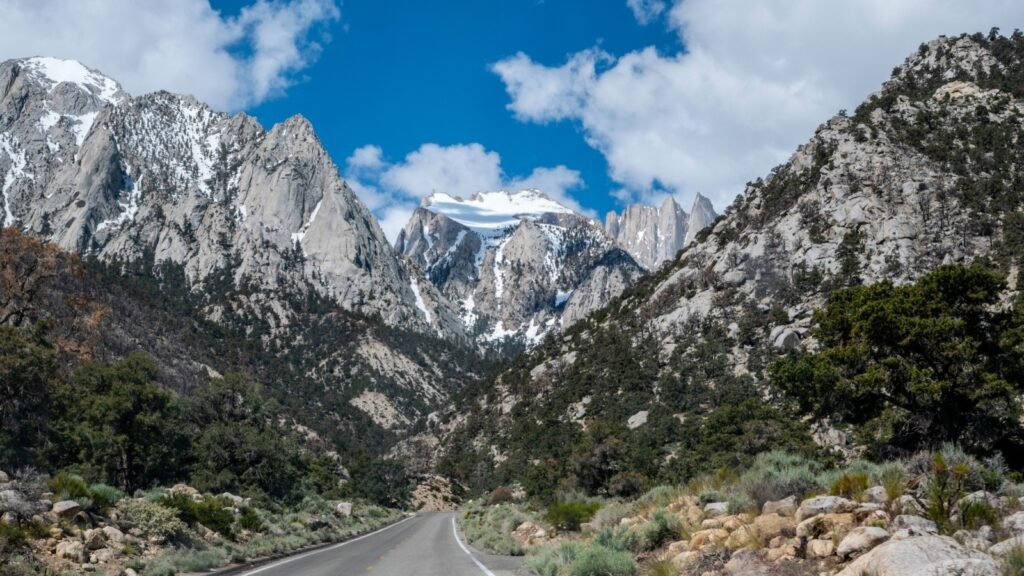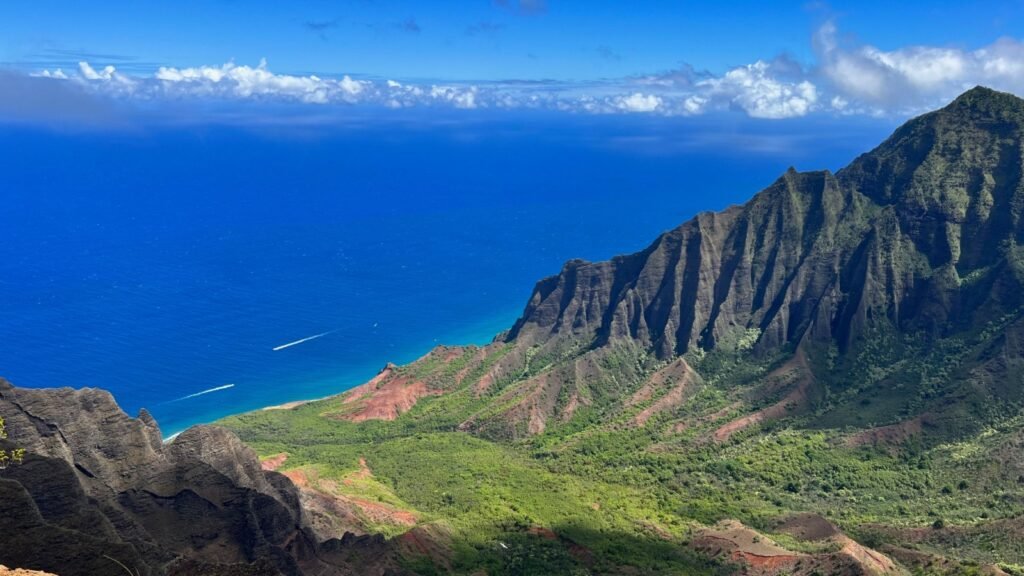Night hunting can be an effective way to manage predator populations and protect livestock, but it’s not legal everywhere. In fact, 13 states have strict regulations against using night vision equipment for hunting. Knowing these laws is crucial for responsible hunters and landowners. Let’s take a look at which states prohibit night vision hunting and what alternatives might be available. Remember, laws can change, so always double-check with your local wildlife agency before heading out.
Alabama

Alabama allows night hunting for some animals, but night vision equipment is off-limits. You can hunt foxes, raccoons, opossums, and a few other critters at night, but you’ll need to stick to traditional methods. Artificial light is permitted in some cases, like when hunting raccoons with dogs. It’s a good reminder that old-school hunting skills are still valuable. Alabama does allow the use of thermal imaging equipment for feral hog hunting on private land with the landowner’s permission, providing an alternative for nighttime pest control.
Alaska

The Last Frontier might seem like a place where anything goes, but night vision hunting is a no-go here. Alaska does allow night hunting for some fur-bearers and unprotected species, but you’ll need to rely on your natural night vision. Given the extreme darkness during Alaskan winters, this law really levels the playing field between hunters and prey. The state does permit the use of artificial light for taking furbearers under certain conditions, so check the regulations for specific details.
Arizona

Arizona’s diverse landscape offers great hunting opportunities, but leave the night vision gear at home. The state allows some night hunting for non-game mammals and birds, as well as reptiles. However, firearms are prohibited at night, which effectively rules out most night vision hunting scenarios. It’s a good excuse to practice your trapping skills instead. Arizona does allow limited use of artificial light for hunting coyotes at night in certain areas, but strict regulations apply.
Arkansas

Arkansas takes a firm stance on night vision equipment for hunting. It’s completely prohibited for all hunting activities in the state. While some night hunting is allowed for certain species like raccoons and opossums, you’ll need to rely on traditional methods and possibly artificial light, depending on the specific regulations. This law encourages hunters to hone their skills without relying on advanced technology. Arkansas does permit the use of artificial light for hunting raccoons and opossums when hunting with dogs.
California

California’s strict gun laws extend to hunting regulations too. Night hunting is only allowed in specific counties east of Highway 101, and night vision equipment is completely off-limits. If you’re in California, you might want to focus on daytime hunting or look into other wildlife management strategies for your property. The state does allow limited night hunting for depredation purposes with a permit, but night vision devices are still prohibited.
Connecticut

Connecticut allows some night hunting for raccoons and foxes, but night vision is a no-go. Interestingly, this state requires hunters to use dogs when night hunting these animals. It’s a great opportunity to work on your dog handling skills and experience hunting the way our ancestors did. Connecticut also permits the use of artificial light when hunting raccoons and foxes at night with dogs.
Florida

The Sunshine State has some sunshine-only hunting laws. Night vision equipment is prohibited for hunting in Florida. However, artificial light is allowed for taking raccoons and opossums at night, giving you some options for nocturnal pest control. Just remember to leave the high-tech gear at home. Florida does allow limited night hunting for alligators during specific seasons, but with strict regulations and permitting requirements.
Georgia

Georgia allows night hunting for alligators, raccoons, opossums, foxes, and coyotes. While artificial light is permitted, night vision equipment is off-limits. This law encourages hunters to develop their skills in reading sign and tracking animals without relying on technology. Georgia also allows the use of thermal imaging equipment for feral hog hunting on private land with the landowner’s permission.
Hawaii

Hawaii’s unique ecosystem means hunting laws are strict to protect native species. Night hunting is generally prohibited, and night vision equipment is not allowed. If you’re in Hawaii, you might want to focus on other aspects of self-sufficiency, like tropical gardening or fishing. The state does allow limited night hunting for axis deer on some islands, but with strict regulations and permitting requirements.
Idaho

Idaho takes a clear stance against night vision hunting. The use of night vision equipment is prohibited for all hunting activities in the state. While Idaho does allow some night hunting for certain species, you’ll need to rely on your natural abilities and possibly artificial light, depending on the specific regulations. This law emphasizes the importance of traditional hunting skills and knowledge of animal behavior. Idaho does permit the use of artificial light for hunting raccoons, but only when they are treed by dogs.
Illinois

Illinois permits night hunting for raccoons, opossums, and striped skunks during specified seasons. While artificial light is allowed, night vision equipment is prohibited. This law encourages hunters to develop their skills in using traditional hunting methods and understanding animal behavior. Illinois also allows limited coyote hunting at night, but only with a furbearer permit and during specific seasons.
Indiana

In Indiana, you can hunt coyotes and foxes at night, but night vision is off the table. The state does allow the use of artificial lights, but only when animals are treed by dogs. It’s a great state for honing your skills with hunting dogs and traditional night hunting methods. Indiana also permits the use of artificial light for hunting raccoons and opossums at night.
Iowa

Iowa allows some night hunting for coyotes, but night vision equipment is prohibited. Artificial light can be used, but only for taking furbearers that have been treed by dogs. This law emphasizes the importance of working with hunting dogs and developing traditional hunting skills. Iowa also allows the use of artificial light for hunting raccoons and opossums at night, providing alternative options for nocturnal pest control.

